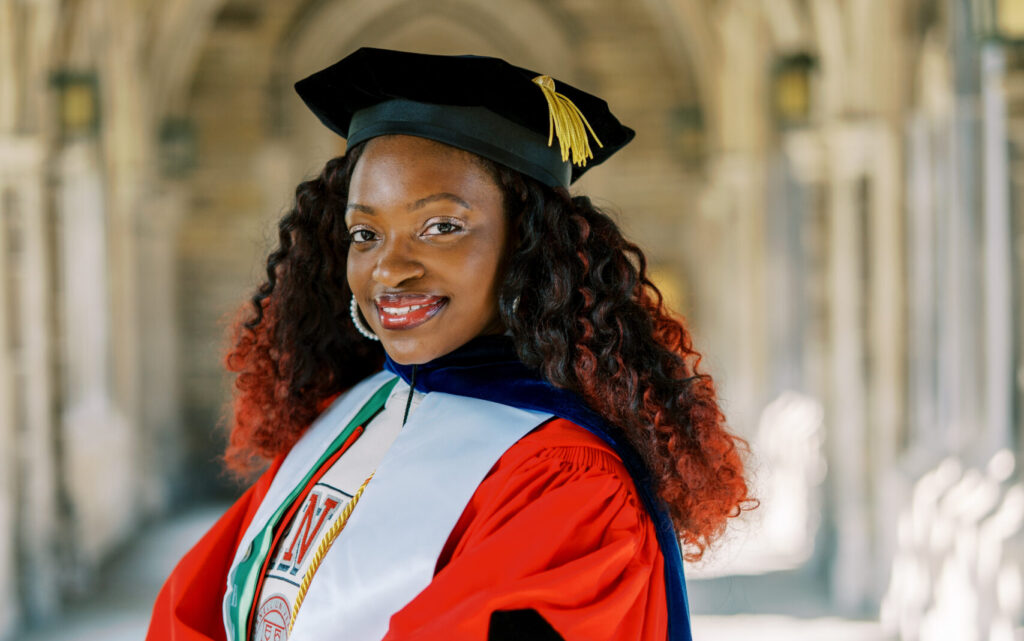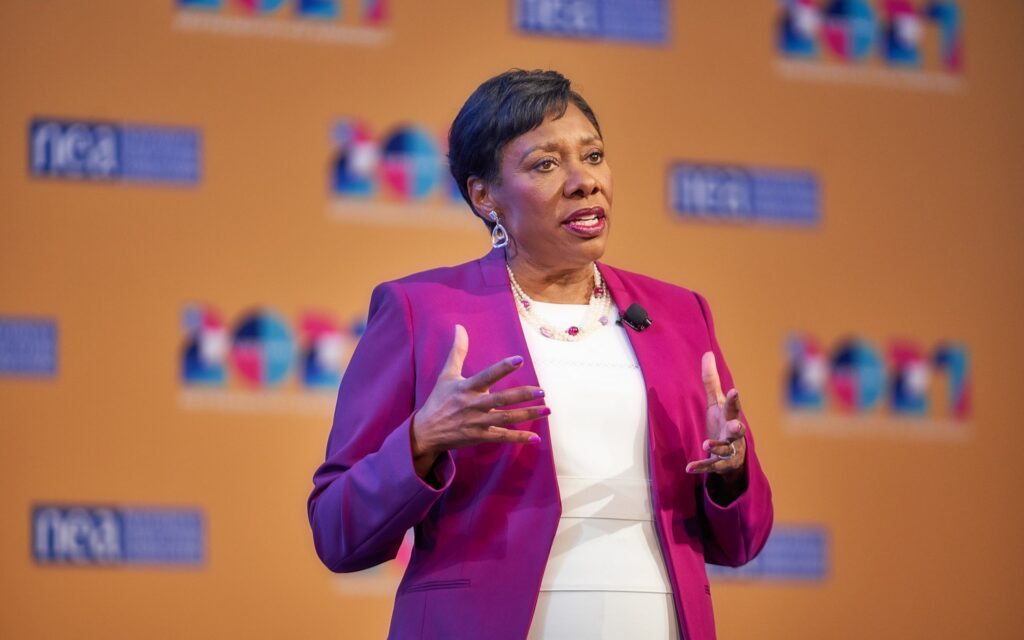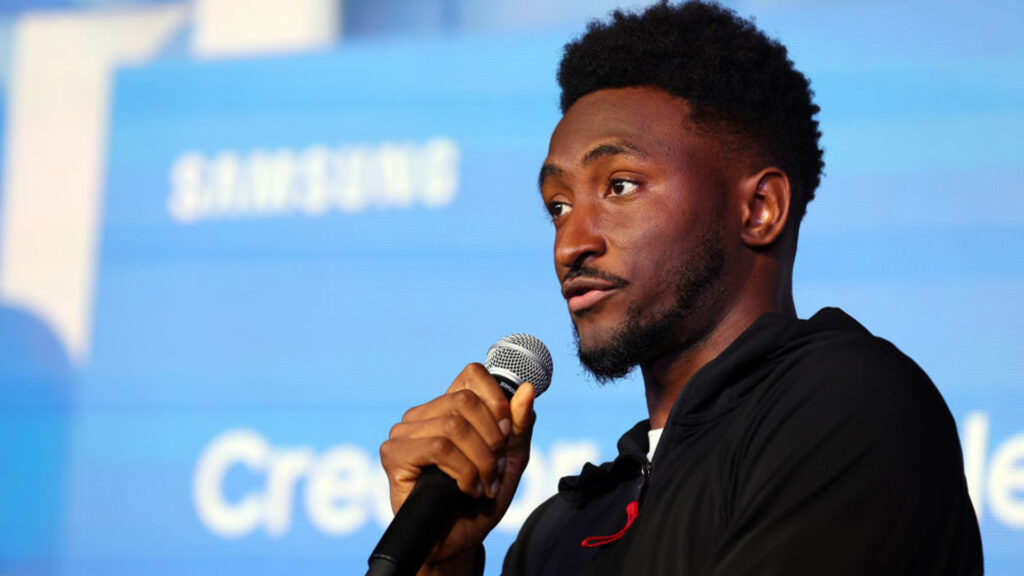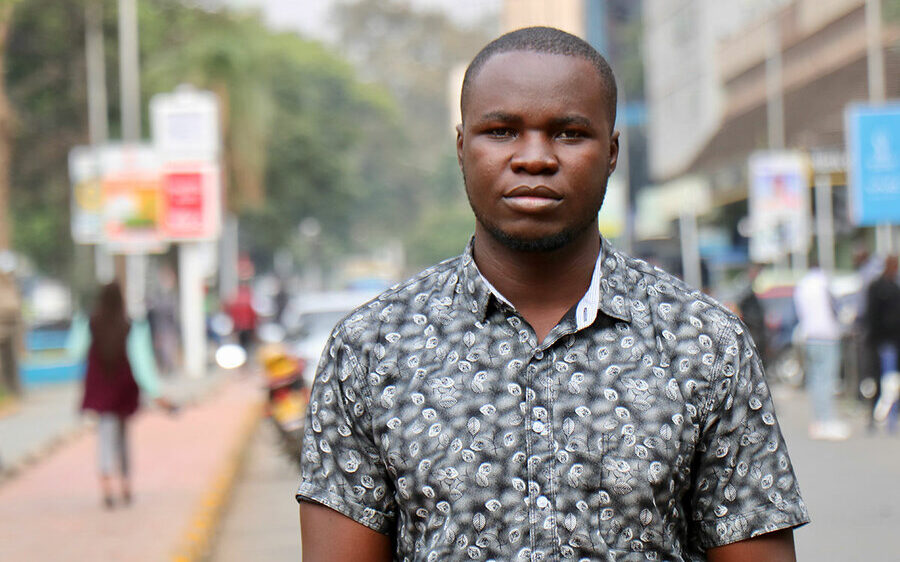TIME has unveiled its second annual TIME100 AI list, recognizing 100 of the most influential figures shaping the future of artificial intelligence.
The 2024 edition features leaders across a wide range of industries, from tech and business to entertainment.
Among those highlighted are Lisa Su, CEO of AMD, Jensen Huang of NVIDIA, and actor Scarlett Johansson, showcasing how AI is influencing sectors beyond traditional tech.
Accompanying the list are exclusive interviews with industry pioneers like Google CEO Sundar Pichai and author Ray Kurzweil, underscoring the far-reaching impact of AI on society today.
Here is a list of some of the Black figures who made the 2024 edition.
Willonius Hatcher – Comedian and AI Storyteller
In the summer of 2023, comedian Hatcher (aka King Willonius) went viral with “BBL Drizzy,” an AI-generated song poking fun at Drake during his feud with Kendrick Lamar. Created with AI tools like Udio, the soulful track sparked remixes and creativity across platforms like TikTok. Hatcher, who began experimenting with AI during the Hollywood writers’ strike, sees it as a powerful tool for underrepresented creators. His success continues as he prepares to debut a “BBL Drizzy” musical at Art Basel Miami, showcasing AI-driven visuals and music.
Tekedra Mawakana – Co-CEO, Waymo
Image Credit: Trinity Washington University
Waymo’s mission, led by co-CEO Mawakana, is to become the world’s most trusted driver while achieving something never done before. As the first to bring AI-driven taxis to major cities like San Francisco and Los Angeles, Waymo is reshaping the taxi industry. Despite challenges—including 150 crashes since 2021 and a recent software recall—the company highlights its safety record. With over 7 million miles driven and a significant reduction in injury-causing crashes, Waymo is pushing forward, confident that its innovations will make roads safer.
Chinasa T. Okolo – Fellow, Brookings Institution
 Image Credit: Cornell
Image Credit: Cornell
As AI development surges in Silicon Valley, T. Okolo, a Nigerian-American computer scientist and Brookings Institution fellow, is working to ensure the Global South isn’t left behind. Through policy advocacy, public speaking, and research, Okolo addresses the risks of biased systems and data exploitation. She has contributed to AI strategies for the African Union and Nigeria, raising awareness of both the potential benefits, like improved flood detection, and the dangers of digital exploitation. Okolo is optimistic about AI’s role in Africa’s development but warns against its potential to reinforce harmful neo-colonial practices.
Becky Pringle – President of the National Education Association
 Image Credit: National Education Association
Image Credit: National Education Association
Few sectors have felt AI’s impact as directly as education. While tools like ChatGPT have aided learning, they’ve also fueled cheating and hurt students’ critical thinking. Pringle, president of the National Education Association, is working to ensure AI is responsibly integrated into schools. She convened a task force that developed a roadmap focusing on teacher training, reducing student harm, and ensuring equitable access. Pringle believes AI should enhance—not replace—teachers, with best practices emerging from schools pioneering its use.
Marques Brownlee – YouTuber
 Image Credit: POCIT
Image Credit: POCIT
Tech reviewer Brownlee recently criticized new AI-powered devices like the Humane Ai Pin and Rabbit r1, describing them as poorly executed with issues like short battery life and underdeveloped features. With over 19 million subscribers, Brownlee’s reviews highlighted significant flaws, sparking debate on whether his critiques were overly harsh. Brownlee emphasized that transparency with his audience is crucial, as many companies are already aware of product shortcomings. While critical of certain AI products, Brownlee acknowledges the growing role of AI in content creation, including its use for tasks like video editing and idea generation.
Mophat Okinyi – Chairperson, Content Moderators Union
 Image Credit: The Christian Science
Image Credit: The Christian Science
Okinyi, a former content moderator from Kenya, played a crucial role in training the algorithm that powers ChatGPT by labeling toxic content for an outsourcing company, Sama. The job, which involved reading disturbing material, was low-paid and mentally exhausting, leading to personal hardships. After exposing poor working conditions, Okinyi founded the Content Moderators Union, Africa’s first union for AI data workers, now representing over 400 workers. OpenAI no longer works with Sama, and the company denies knowledge of the mental health issues raised. Okinyi also established Techworker Community Africa, an NGO advocating for AI workers’ rights, better wages, and mental health support.
Kauna Malgwi – Chairperson, Nigeria chapter, Content Moderators Union
Malgwi fled northern Nigeria during Boko Haram’s insurgency, which targeted Christians like her and attacked educational institutions. After completing her studies in Kenya, she began working as a content moderator for Facebook, tasked with reviewing graphic and violent material. Her employer, Sama, cut ties with Meta in 2023, leaving Malgwi and hundreds of colleagues without jobs or redundancy payments. Despite legal battles, Malgwi has become a leading advocate for AI data workers’ rights. She now leads Nigeria’s Content Moderators Union and continues to push for greater protections, having even testified before the European Parliament to influence global labor laws.
Feature Image Credit: Ridge



